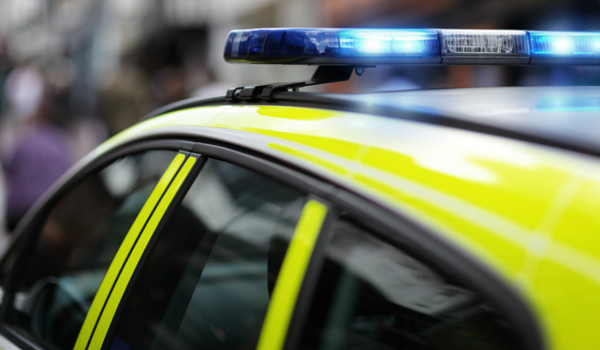Police 101 call wait times at record lows
The National Police Chiefs’ Council (NPCC) says police 101 call wait times are now at record lows.
Significant advancements in contact management, including enhanced digital triage, AI-driven call routing, and smarter resourcing strategies, have led to a “remarkable reduction” in 101 call wait times across the country – now just 32 seconds, says the NPCC.
It added: “This achievement reflects the dedication of forces in adopting modern solutions and refining call-handling processes to ensure that members of the public receive swift assistance when they need it.
“Investments in intelligent queuing systems, workforce optimisation, and automated call-back technology have played a pivotal role in delivering these improvements.”
The NPCC Contact Management Portfolio announced today (May 29) that monthly 101 call wait time data will now be published, demonstrating the “continued commitment” of police forces across England and Wales to improving public contact, responsiveness, and service accessibility.
Starting with figures for the financial year 2024/25, the data – published on Police.uk – will offer the public clearer insights into how long it takes to reach their local force via 101.
“The publication of these figures reflects years of dedicated efforts to modernise police contact systems, introduce technology-driven solutions, and provide greater accountability to the communities that police serve,” said the NPCC.
The NPCC Contact Management Portfolio remains committed to further refining these systems, driving innovation, and maintaining the highest standards in public service efficiency.
T/Deputy Chief Constable Catherine Akehurst is the outgoing NPCC Contact Management Lead and has led the development and implementation of this initiative. She said: “This marks a defining moment in how policing connects with the public. The journey to reach this point has been one of collaboration, dedication, and sheer determination by colleagues across forces who have worked tirelessly to modernise contact management.
“From refining call-handling processes to integrating new technologies, every step has been guided by a commitment to ensuring that people who need assistance can access it efficiently. I want to extend my sincere thanks to everyone who has contributed their expertise and passion to this project; it is their ingenuity and perseverance that have made this possible.”
Deputy Chief Constable Simon Megicks, Digital Public Contact lead and new NPCC Contact Management lead; added: “Publishing this data is not only about transparency – it is about progress. Police forces are now leveraging artificial intelligence, digital call-routing, and smarter triage systems to enhance contact management like never before. We are at the forefront of technological transformation in policing, ensuring that public interactions become more efficient, seamless, and responsive.
“I want to thank T/DCC Catherine Akehurst and all those who have worked to bring us to this moment. Now, we move forward – continuing to evolve, innovate, and push the boundaries of what is possible in contact management. The future is bright, and this initiative is just the beginning of what’s to come.
“This new standard in transparency and data publication reinforces policing’s commitment to continuous improvement in service accessibility, responsiveness, and efficiency. As forces integrate smarter digital solutions and refine operational processes, the focus remains on providing reliable and responsive contact management for communities across the country.”
With summer approaching, police forces are preparing for a surge in calls. The warmer months bring an increase in demand, and it’s essential that emergency lines remain clear for those who truly need urgent help, the NPCC said.
“Unfortunately, we receive a surprising number of unnecessary calls, which clog up the system and delay responses for those in real need. Some examples include complaints about fast-food orders, requests for lost remote controls, and even enquiries about celebrity gossip,” it added.
Examples of emergency calls that, in reality, were far from urgent, include:
- Cambridgeshire Police received calls from individuals asking for assistance with homework and even placing requests for fast food.
- Gloucestershire Police were dialled on 999 over a spilled cup of coffee and grievances about car wash employees.
- Hertfordshire Constabulary had a caller seeking nothing more than a phone number for a taxi service.
“Police urge the public to pause and consider before calling – if the issue isn’t police-related, it could be taking time away from someone in distress. Let’s keep the lines open for those who truly need help and ensure our emergency services can focus on keeping communities safe,” said the NPCC.
“Many police forces now offer digital contact options, making it easier for people to get the help they need without picking up the phone.”


